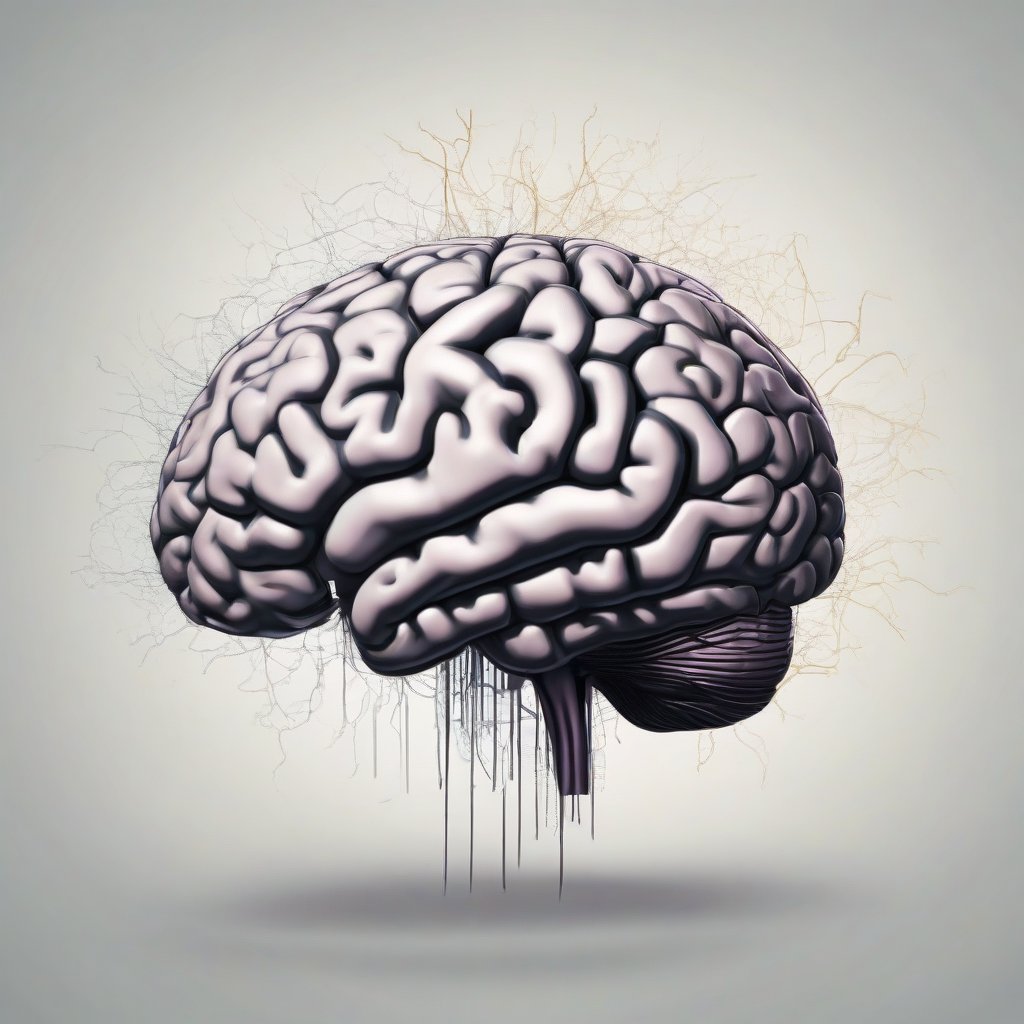Brain Cancer

Dr. Craig Smith, MD
4 Min read
In a groundbreaking stride in biomedical research, the Indian Institute of Technology Kanpur (IIT-K) has illuminated new pathways in the potential treatment of cancer and neurodegenerative disorders, such as Alzheimer’s disease, Parkinson’s disease, and schizophrenia. The focus of this remarkable achievement lies in the comprehensive study of G protein-coupled receptors (GPCRs) and the chemokine receptor D6, unraveling atomic details and presenting a promising avenue for the design of novel drug-like molecules targeted at these receptors under disease conditions.
The monumental success of this research has garnered international recognition, with its findings published in the esteemed journal, Science. At the core of this investigation are G protein-coupled receptors (GPCRs), described as minuscule antennas on the surface of brain cells crucial for communication and pivotal to numerous brain functions. When these receptors malfunction, communication breakdown between brain cells occurs, leading to the onset and progression of diseases such as Alzheimer's and Parkinson's.
Similarly, the chemokine receptor D6 plays a crucial role in the immune system, specifically in responding to inflammation. In the context of cancer, this receptor wields influence over the tumor environment, impacting the growth and spread of cancer cells. Leveraging the advanced cryogenic-electron microscopy (cryo-EM) technique, the researchers at IIT-K achieved detailed three-dimensional images of these receptors at the atomic level. This sophisticated method allowed them to scrutinize the molecular intricacies of these receptors, paving the way for the identification and design of innovative drug-like molecules capable of rectifying receptor-related anomalies that lead to various disease conditions.
Professor S Ganesh, Director of IIT Kanpur, expressed his enthusiasm about the groundbreaking research, emphasizing its potential to usher in a new era of targeted medicine. He envisions solutions for cancer and neurological conditions that could alleviate the suffering and economic burden imposed by these diseases globally. This collaborative effort between IIT Kanpur and international researchers from Japan, the Republic of Korea, Spain, and Switzerland underscores not only the complexity of these diseases but also India's ascendancy in innovative biomedical research. It highlights IIT Kanpur's unwavering commitment to addressing pressing health challenges through collaborative and groundbreaking scientific endeavors.
The findings from IIT Kanpur's latest research hold the promise of a deeper understanding of receptor functionality, steering the trajectory towards the development of novel therapeutic approaches and targeted treatments. Conditions like Alzheimer's, affecting over 50 million people worldwide, and cancer, claiming over 10 million lives annually, stand to benefit significantly from this research. The tangible outcome of this endeavor is the potential development of new drug-like molecules, paving the way for rigorous testing of their therapeutic potential in animal models. The journey undertaken by IIT Kanpur in unraveling the complexities of G protein-coupled receptors and the chemokine receptor D6 stands as a beacon of hope in the realm of biomedical research. This transformative research promises a brighter future for millions worldwide grappling with the challenges posed by cancer and neurodegenerative disorders.